VELIZY-VILLACOUBLAY, France — A few dozen farmers parked their tractors overnight on Sunday on a highway near Paris — just 20 kilometers from where many of those same farmers launched the “siege of Paris” nine months before.
In January, farmers brought their fight to the government in Paris after weeks of spontaneous and sometimes violent protests in farmland France. This time, the setting felt much more contained.
On Monday morning, after a bitterly cold night on the outskirts of Paris, the protest’s organizers distributed viennoiseries to their troops. Only a few dozen farmers were present, followed by nearly as many reporters. The gathering had a limited impact on morning traffic, closing just one lane.
The highway blockades were the defining feature of the protests earlier this year. This time, demonstrators are opting for methods which have a lesser impact on the daily lives of others, setting up bonfires on roundabouts — echoing the Yellow Jackets protests of 2018, but so far on a much smaller scale — and tweaking town entrance signs in protest. An estimated 82 demonstrations are taking place across the country, according to organizers.
The country’s largest farmer union, the FNSEA, called for the protest, officially to oppose the signing of a massive regional trade deal between the European Union and the Latin American Mercosur bloc. Other issues are at stake, including yearly negotiations between mass-distribution retailers and the agricultural sector.
Damien Greffin, head of the FNSEA’s local branch in the Paris Île-de-France region, laid out the union’s arguments against the deal. “The vital interests of French agriculture need to be preserved,” he said.
Greffin, a crop producer and vice president of the regional agricultural chamber, argued that the trade deal with the Mercosur bloc would lead to “low-quality” produce being imported to France, hurting French farmers already burdened by “constant overregulation.”
“Macron, if you’re going to Rio, don’t forget about your hicks,” read a sign plastered on a tractor.
Indeed, Macron, currently in Rio de Janeiro for the G20 summit, has restated France’s opposition to the deal, using arguments similar to those put forward by the FNSEA, and is looking to use his trip to South America to stall the proceedings.
“I will say this simply: We cannot ask our farmers in Europe to change their practices, to not use certain products, and to develop quality farming while, at the same time, opening our markets to massive imports,” Macron told reporters on Sunday in Buenos Aires after meeting with Argentinian President Javier Milei.
But this new wave of protests isn’t just about the Mercosur deal, said Cyrille Milard, a cereal farmer and FNSEA member.
“For the past two years, we’ve been told we’re a crucial part of this country and promised help and deregulation, which we haven’t seen yet,” Milard said. “We’re expected to deliver quality produce and keep our rural territories alive — we need the right conditions to achieve that.”
Earlier this year, the FNSEA — which for decades worked hand-in-hand with the state to shape French agricultural policy — saw its influence challenged like never before by grassroots protests and blockades. Those spontaneous movements also boosted more radical unions, including the Coordination Rurale, which has been linked to the far right, and the left-wing, anti-free trade Confédération Paysanne.
This time, the FNSEA seems determined not to let things slip out of its control, ensuring protest methods don’t alienate the widespread popular support the sector enjoys.
The goal of this week’s protests, according to FNSEA head Arnaud Rousseau, isn’t to “disturb” the French population but to “get the message across that the situation facing agriculture today is urgent.”
In an interview with French broadcaster BFMTV on Sunday, Rousseau said the protests would likely be suspended in December to allow producers to focus on holiday-season sales — but warned that a new wave of demonstrations could begin early next year depending on the situation.

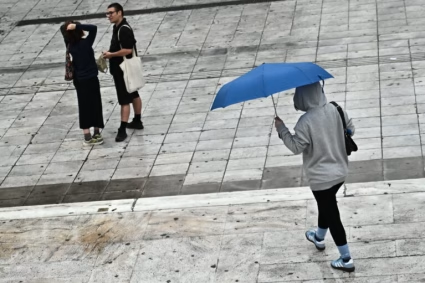
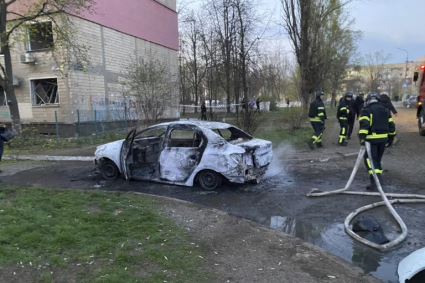
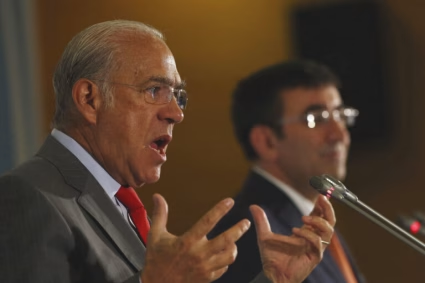

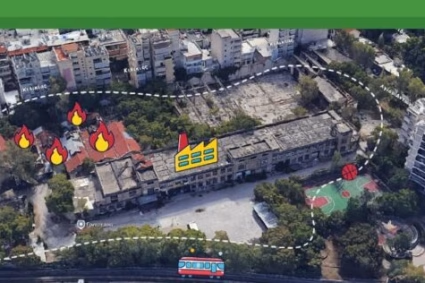
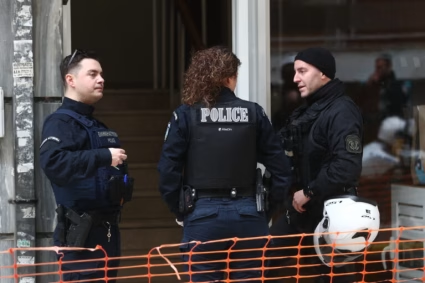
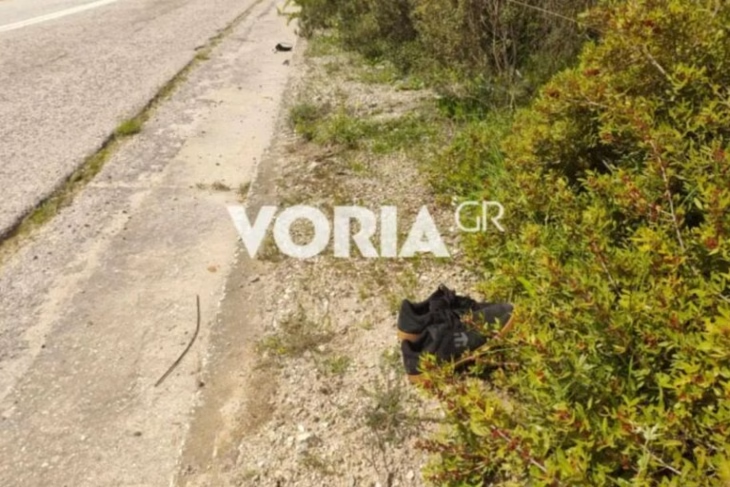

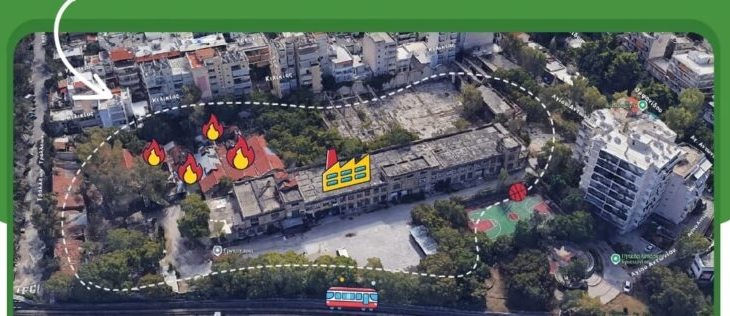
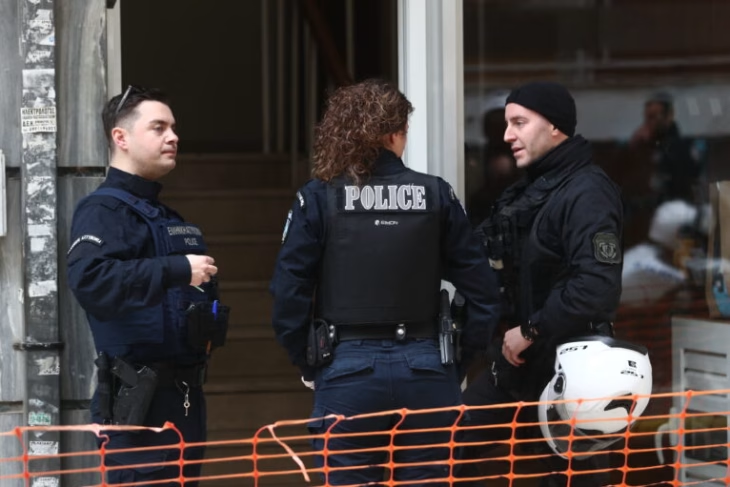
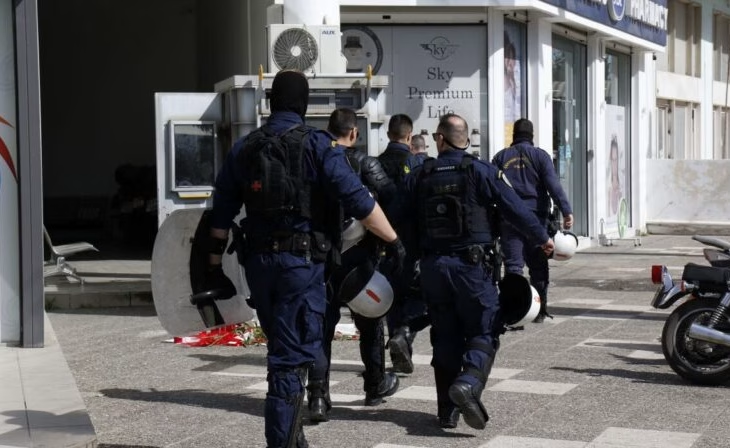


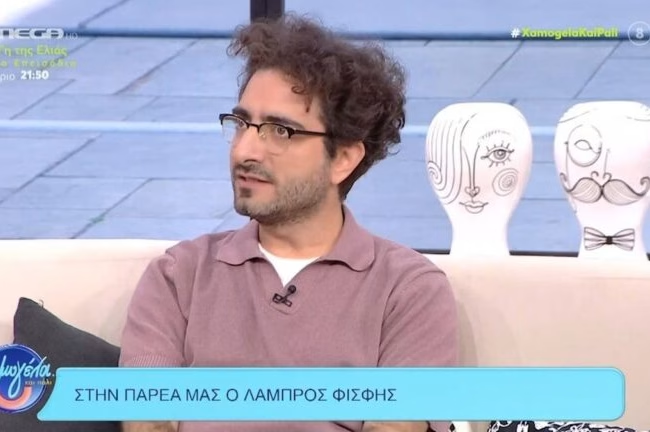

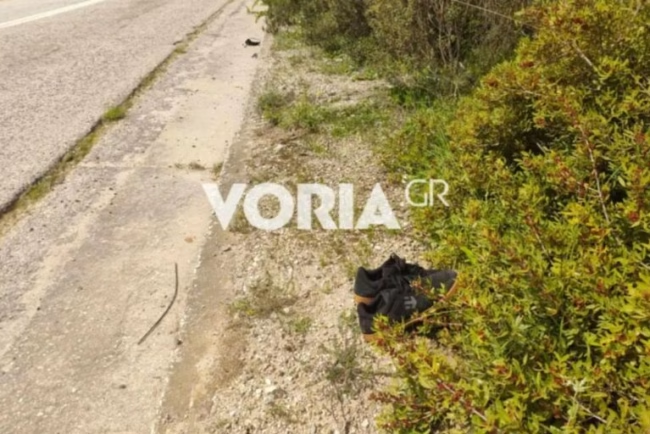

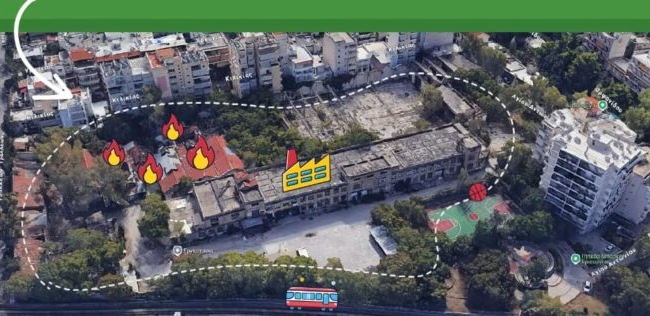
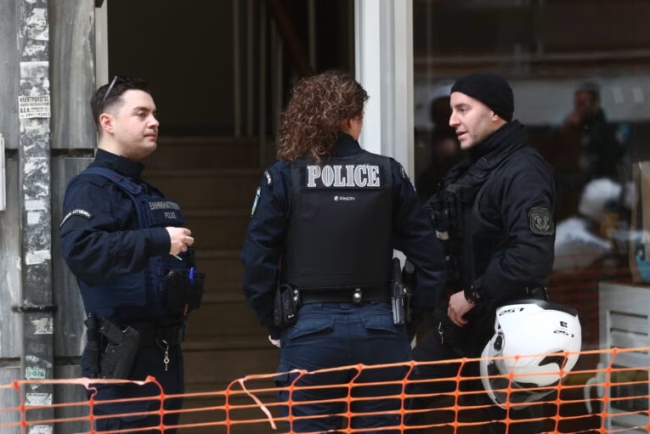
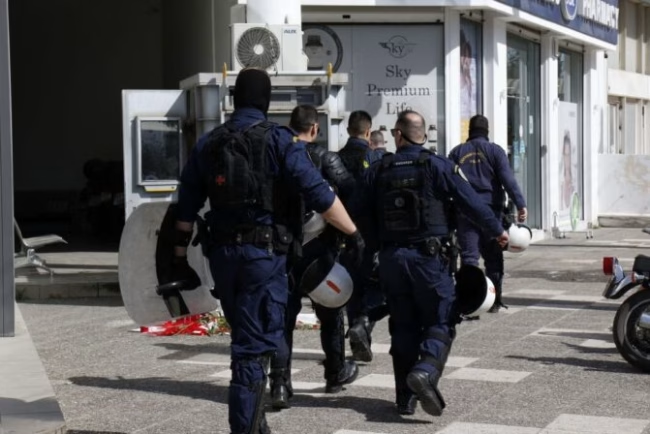
 Αναβαθμίστε την online παρουσία σας!
Αναβαθμίστε την online παρουσία σας! Χρειάζεστε επαγγελματική ιστοσελίδα αξιόπιστο hosting ή τεχνική υποστήριξη; Είμαστε εδώ για να σας παρέχουμε λύσεις τεχνολογίας που ξεχωρίζουν!
Χρειάζεστε επαγγελματική ιστοσελίδα αξιόπιστο hosting ή τεχνική υποστήριξη; Είμαστε εδώ για να σας παρέχουμε λύσεις τεχνολογίας που ξεχωρίζουν! Κατασκευή & φιλοξενία ιστοσελίδων
Κατασκευή & φιλοξενία ιστοσελίδων Επικοινωνήστε μαζί μας σήμερα
Επικοινωνήστε μαζί μας σήμερα